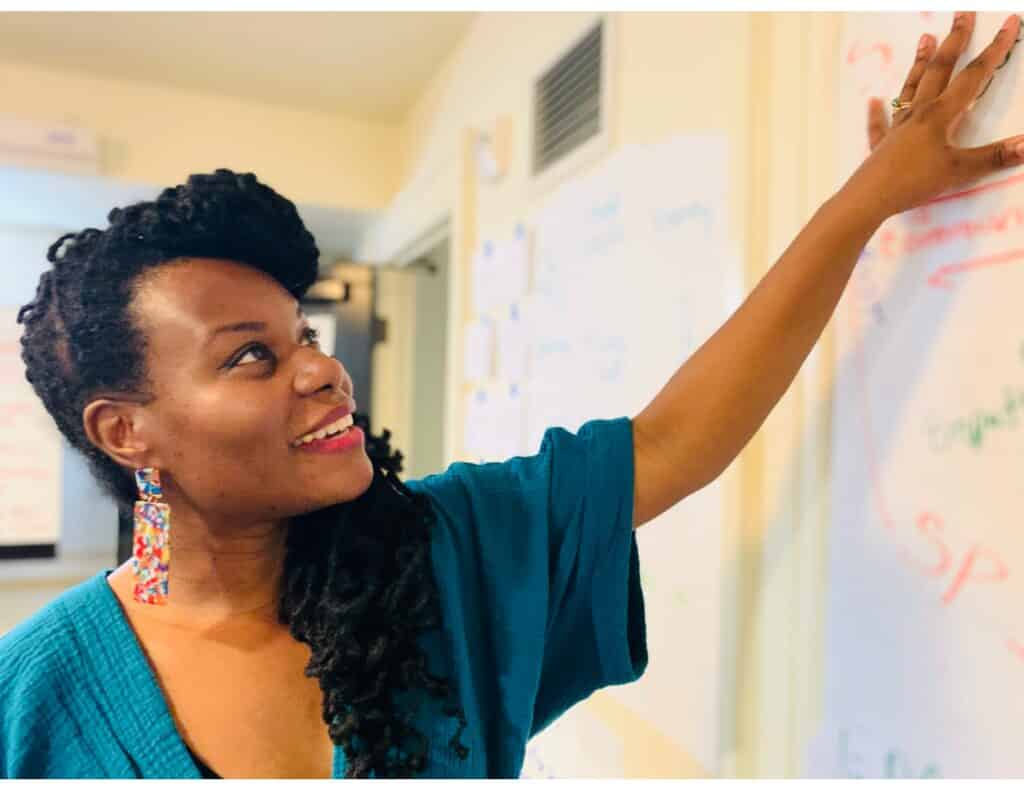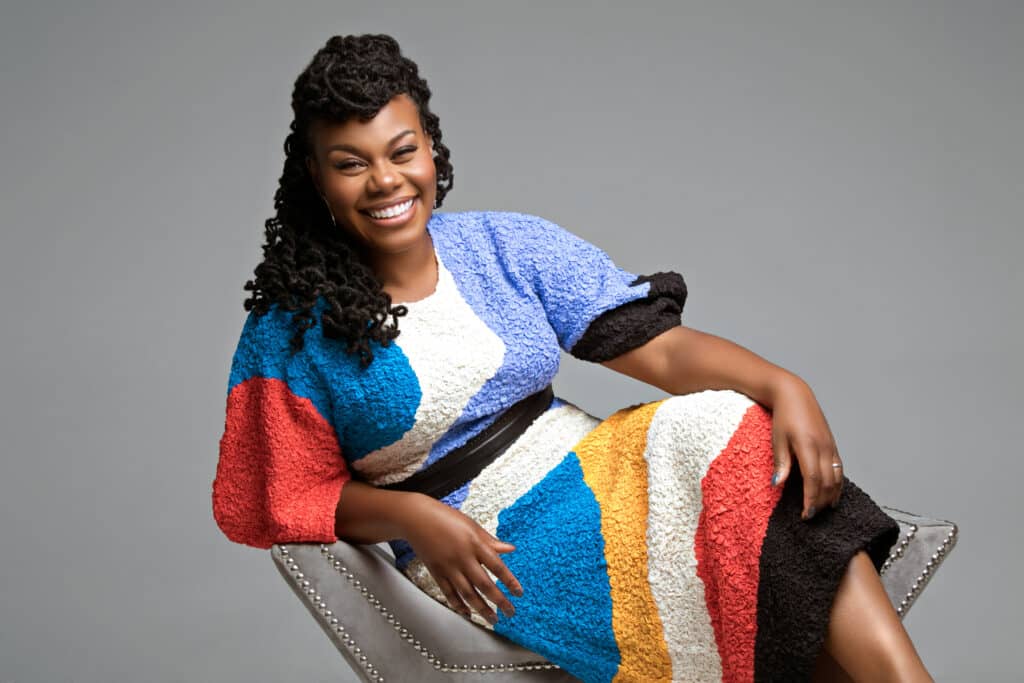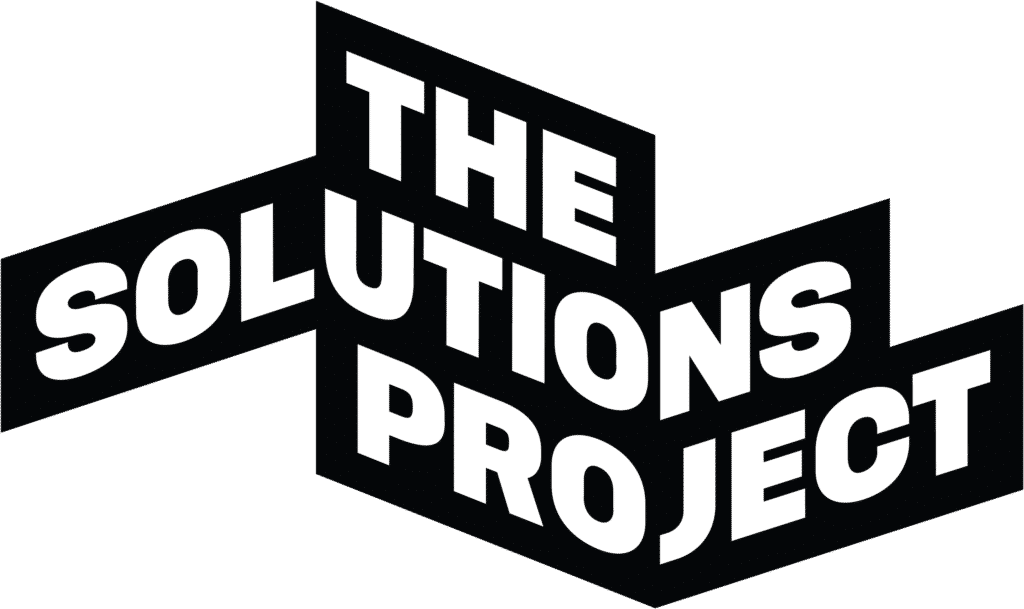
Photo Credit: The Solutions Project.
The Importance of Solidarity in Philanthropy
By Gloria Walton, President & CEO at The Solutions Project
Gloria Walton is an award-winning organizer, writer, and President & CEO of The Solutions Project. She joined the organization from Strategic Concepts in Organizing and Policy Education (SCOPE), a South LA-based community organization developing cutting-edge strategies to ensure that Black and Brown, poor and working-class communities have an equal voice in the democratic process, where she was President & CEO for 10 years. In this guest blog post, she discusses the importance of community in the philanthropic sector.
I was raised by proud, spiritual, and resourceful Black women who were stewards of the earth and their people. They taught me that our relationships and community provide the foundation for being. This is especially true for Black, Indigenous, immigrant, and other People of Color who have been historically denied access to public infrastructure and private capital. As a young community organizer, I developed a power analysis of race, gender, and class and gained the tools to dismantle the systems that use our identities against us. In my early experience building power in South Central Los Angeles, it allowed me to feel the dignity, joy, and love from my childhood and see that energy flourish across our base and movements.
During my first year in philanthropy, I witnessed the lack of strong relationships and real community in this movement. Philanthropy has a shaky foundation and we are being called to move with movements in a way that I can only describe as solidarity.
I took these experiences with me when I joined The Solutions Project, with the goal to evolve the field’s first and only award-winning climate and equity fund to be even more movement-accountable. The Solutions Project is an intermediary funder or public foundation, which means we both fundraise and make grants. I was an inaugural grantee of the organization and joined The Solutions Project’s board in 2017 to help shift our strategy. In addition to grassroots grantmaking, it also focused on narrative support such as communications training, digital capacity, marketing services, and leveraging influencer connections to further amplify frontline work.
I began fundraising months before officially starting in October 2020 as the CEO because we did not have the scaled budget we are now building from. I knew that because I was coming into philanthropy and leading a national climate organization, I would have to knock it out of the park, immediately. Not only because I am a Black woman in a white and male-dominant sector, but because of my commitment to community. I set the next milestone of raising $100 million for The Solutions Project’s support to hundreds of grassroots, Black, Indigenous, and People of Color-led organizations solving the climate crisis.

This was an ambitious goal. We were a $2 million organization at the time and less than 0.5% of global foundation giving goes to Black feminist movements. So, I remembered what my ancestors taught me: relationships are the most important societal infrastructure. I did a power map, which is a community-organizing tool to see who from my network might be in a position to influence new, major climate donors.
One year later, The Solutions Project is halfway to our goal. We’ve not only begun to scale our organization, but we are supporting and uplifting others in the movement.
This moment is asking for us to collaborate and move in unity. For philanthropy, that means giving at a scale, speed, and depth that builds greater trust through transparency and accountability. And trust is built on the work. This is solidarity. “Solidarity Philanthropy” is my audacious vision for the future of the industry. No matter who we are – funder, big green, or organizer – we all have to show up for each other to create the sustainable future we want.

To learn more about Gloria Walton, follow her on Twitter at @gloriawalton. To learn more about the work of The Solutions Project, visit thesolutionsproject.org and follow them on Twitter at @100isNow.
